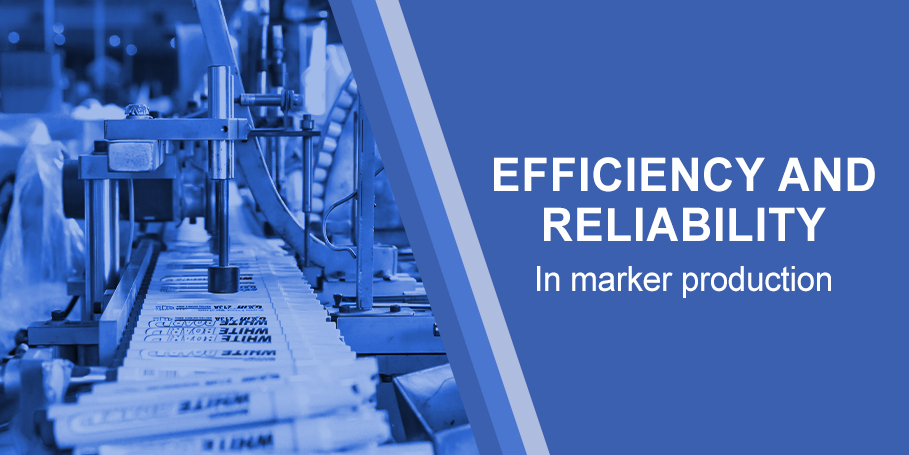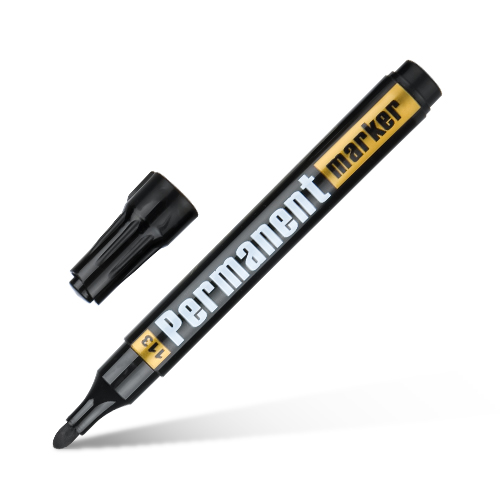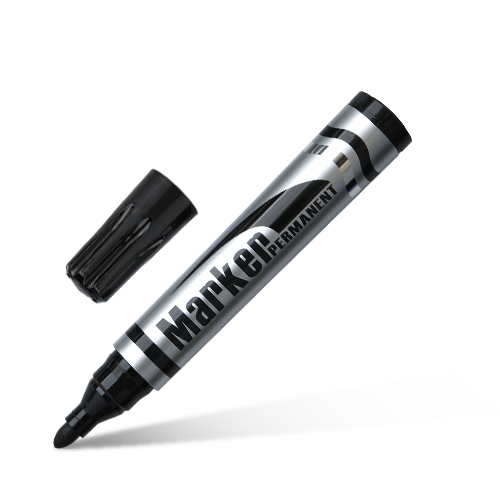
Efficiency and Reliability in Marker Production
In the global marker pen industry, efficiency and reliability are the cornerstones of success. While end users often view markers as simple everyday tools, the production behind them is anything but simple. For B2B buyers—distributors, retailers, and institutional procurement managers—choosing the right supplier depends largely on the manufacturer’s ability to produce consistently, at scale, and with dependable quality. In an era where supply chains are under constant pressure, efficiency and reliability in production have become defining features that separate trusted manufacturers from the rest.
Why Efficiency Matters in Marker Production
Efficiency is more than just speed—it is about maximizing output while maintaining strict quality standards. For manufacturers, efficient production means:
- Lower costs per unit, making bulk orders more affordable
- Shorter lead times, ensuring clients receive shipments on time.
- Reduced waste, aligning with sustainability goals and improving margins.
According to a McKinsey & Company 2022 report, manufacturers that adopt advanced automation and lean production systems can improve productivity by up to 30% while reducing defect rates by 50%【McKinsey & Company, Global Manufacturing Insights 2022】. For the marker pen industry, which handles millions of units annually, these improvements translate into significant advantages for both suppliers and buyers.
The Role of Automation
Automation is revolutionizing marker production. Traditional manual assembly lines have given way to automated systems capable of assembling, testing, and packaging thousands of markers per hour. These systems enhance both efficiency and consistency, reducing human error and ensuring that each marker meets the same standard.
In modern factories, automation covers:
Ink Filling Systems: Ensuring precise, leak-free filling of reservoirs.
Tip Assembly: Consistently attaching nibs without damaging them.
Casing Production: Injection molding machines producing uniform plastic bodies.
Automated Packaging: Reducing handling time and improving order accuracy.
Automation not only speeds up production but also allows manufacturers to scale quickly in response to bulk orders. For B2B buyers, this means peace of mind when placing large or urgent requests.
Reliability: The Non-Negotiable Factor
If efficiency drives cost and speed, reliability ensures trust. Reliability in marker production refers to the manufacturer’s ability to consistently deliver high-quality products that meet specifications, comply with standards, and arrive on time.
For bulk buyers, reliability matters because:
Consistency Builds Reputation: Distributors cannot risk selling markers that vary in performance across batches.
On-Time Delivery Avoids Losses: Delayed shipments can disrupt school supply seasons, promotional campaigns, or industrial operations.
Compliance Protects Brands: Products must meet safety standards like ASTM or EN71, especially when supplied to schools and children.
A 2023 PwC Global Supply Chain Report found that 76% of procurement leaders consider supplier reliability the most important factor in long-term contracts, ahead of cost considerations【PwC, Global Supply Chain Report 2023】. This reinforces why buyers prefer manufacturers with proven reliability over those offering only competitive prices.
Balancing Efficiency and Quality
One challenge manufacturers face is balancing efficiency with quality. Pushing production speed without proper quality control can lead to higher defect rates—dried-out markers, leaking ink, or uneven nib performance. Reliable manufacturers strike a balance by integrating quality assurance (QA) into every step of the process.
Common QA practices include:
Batch sampling and testing for writing smoothness and ink flow.
Environmental testing for temperature and humidity resistance.
Endurance testing to measure nib durability and ink longevity.
Manufacturers that integrate quality checks into automated lines can achieve both speed and reliability without compromise.
Sustainability and Production Efficiency
Efficiency in marker production is increasingly linked with sustainability. Reducing waste, energy consumption, and material use not only improves margins but also aligns with global environmental goals.
According to Deloitte’s 2023 Sustainable Manufacturing Report, companies that invest in energy-efficient equipment and circular design processes improve both cost efficiency and brand competitiveness【Deloitte, Sustainable Manufacturing Report 2023】. For marker manufacturers, this means innovations such as refillable designs, recycled casings, and low-VOC inks.
For bulk buyers, partnering with such manufacturers adds value beyond product function—it supports ESG commitments and strengthens brand positioning in environmentally conscious markets.
The OEM/ODM Advantage in Reliable Production
Efficiency and reliability also extend to customization. OEM (Original Equipment Manufacturer) and ODM (Original Design Manufacturer) services allow global brands to design their own marker products. However, customization adds complexity to production. Reliable manufacturers must ensure that custom colors, logos, and packaging do not disrupt efficiency or compromise quality.
For example, a buyer may request eco-friendly pastel highlighters in branded packaging. Meeting this demand requires manufacturers to adapt production lines quickly while maintaining output speed and quality consistency. Manufacturers with flexible yet automated systems are best positioned to handle such requests.
Case Example: Scaling for Global Demand
Consider a government contract for supplying whiteboard markers to a national education system. The order involves millions of units with strict timelines. A manufacturer without efficient automated systems might face delays or inconsistencies, leading to penalties and reputational damage.
On the other hand, a manufacturer with advanced automation and proven logistics can meet deadlines while ensuring uniform quality across all units. This reliability builds long-term trust and often leads to recurring contracts.
The Future of Marker Production
Looking ahead, the marker pen industry will see even greater integration of digital and sustainable practices into production. Smart manufacturing systems—powered by AI and IoT—will monitor real-time production data, detect errors instantly, and optimize efficiency. Similarly, eco-friendly innovations will shift the industry toward refillable and recyclable designs, reducing waste while meeting buyer expectations.
According to Statista, global spending on smart manufacturing technologies is projected to reach USD 576 billion by 2027【Statista, Smart Manufacturing Outlook 2022】. Marker manufacturers that invest early in these technologies will be better positioned to serve global B2B buyers with both efficiency and reliability.
Conclusion: Trust Built on Efficiency and Reliability
For B2B buyers, efficiency ensures competitive pricing and timely delivery, while reliability ensures consistent quality and compliance. Together, they form the foundation of trust in the marker supply chain.
Manufacturers like GXIN, with advanced automated assembly lines, strict quality inspections, and global export experience, exemplify how efficiency and reliability can coexist. By combining scalable production with unwavering consistency, such manufacturers provide bulk buyers with more than just products—they provide confidence.
In a global market where supply chains face constant disruption, efficiency and reliability are no longer optional—they are the defining traits of successful marker production.





